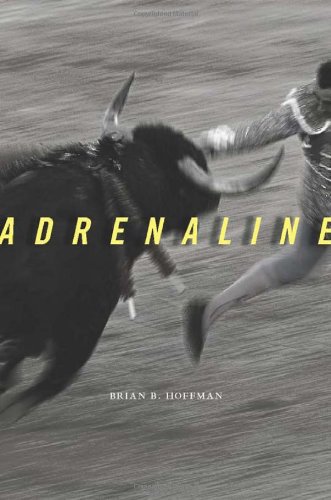 |
Adrenaline
Brian B. Hoffman
Harvard University Press, 2013
ISBN: 978-0-674-05088-4 |
As one of the blurb-reviewers aptly puts, here the reader will find a "biography of adrenaline". This is a full historical account of how adrenaline and its physiological functions were discovered, albeit without many of the gory details. This is not a complaint as the details would make the book unpalatable for most; and yet, for the curious, there is a nice "Further Reading" list that can be used if the whim strikes. As the author describes the journey of adrenaline, we meet the cast of characters, the scientists and physicians that made each of the major groundbreaking discoveries (mostly in the last 125 or so years, although the story starts in ancient Greek and Roman times).
Overall the reader will enjoy this book as it is well written and engaging. Indeed one will learn not just the importance of adrenaline itself, but how signal transduction pathways were discovered. That said, it seemed to me that the author is somewhat biased in favor of his topic of interest. He appears to downplay research done with other hormones, so the uninitiated student might believe that most, if not all we know about hormone function derives exclusively from adrenaline research, which is a bit unfair. Likewise, in the appendix he describes all the Nobel laureates who have worked with adrenaline, whether or not this research led to their Nobel Prize. This is disingenuous as it gives adrenaline more importance than it deserves and again, might mislead a naive student. I personally found this vexing as many of the laureates mentioned are incredibly famous in fields that are completely unrelated to adrenaline. Nevertheless, caveats aside, this book does takes us through the journey that is scientific discovery in a fun and relaxed manner, making it worth the reader's while.
